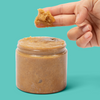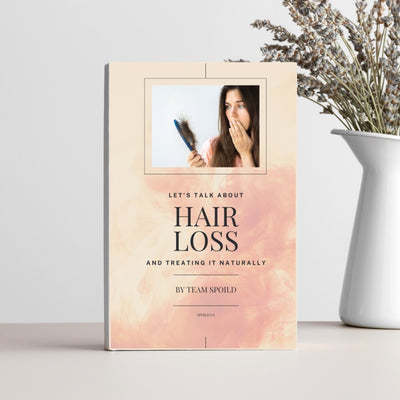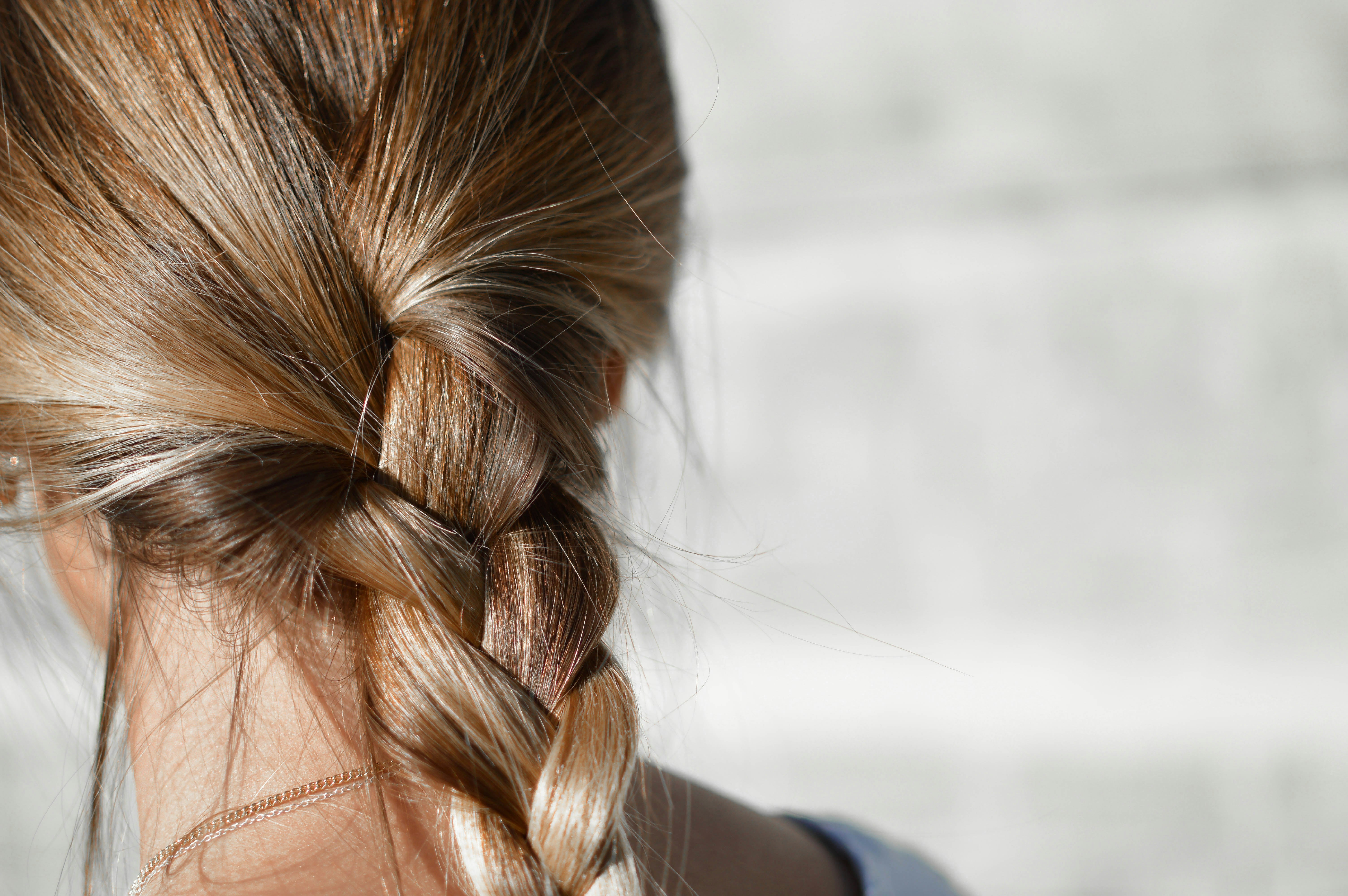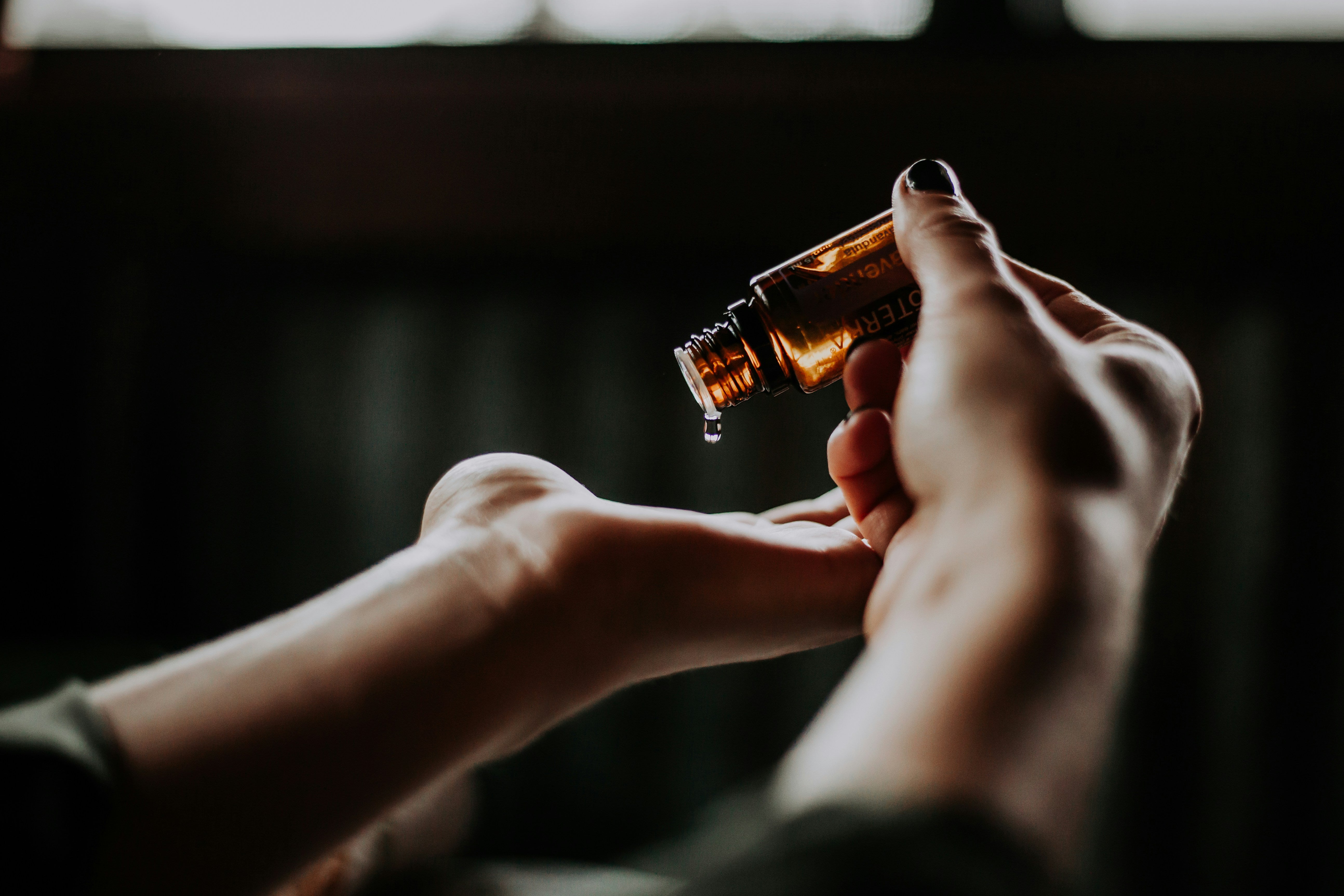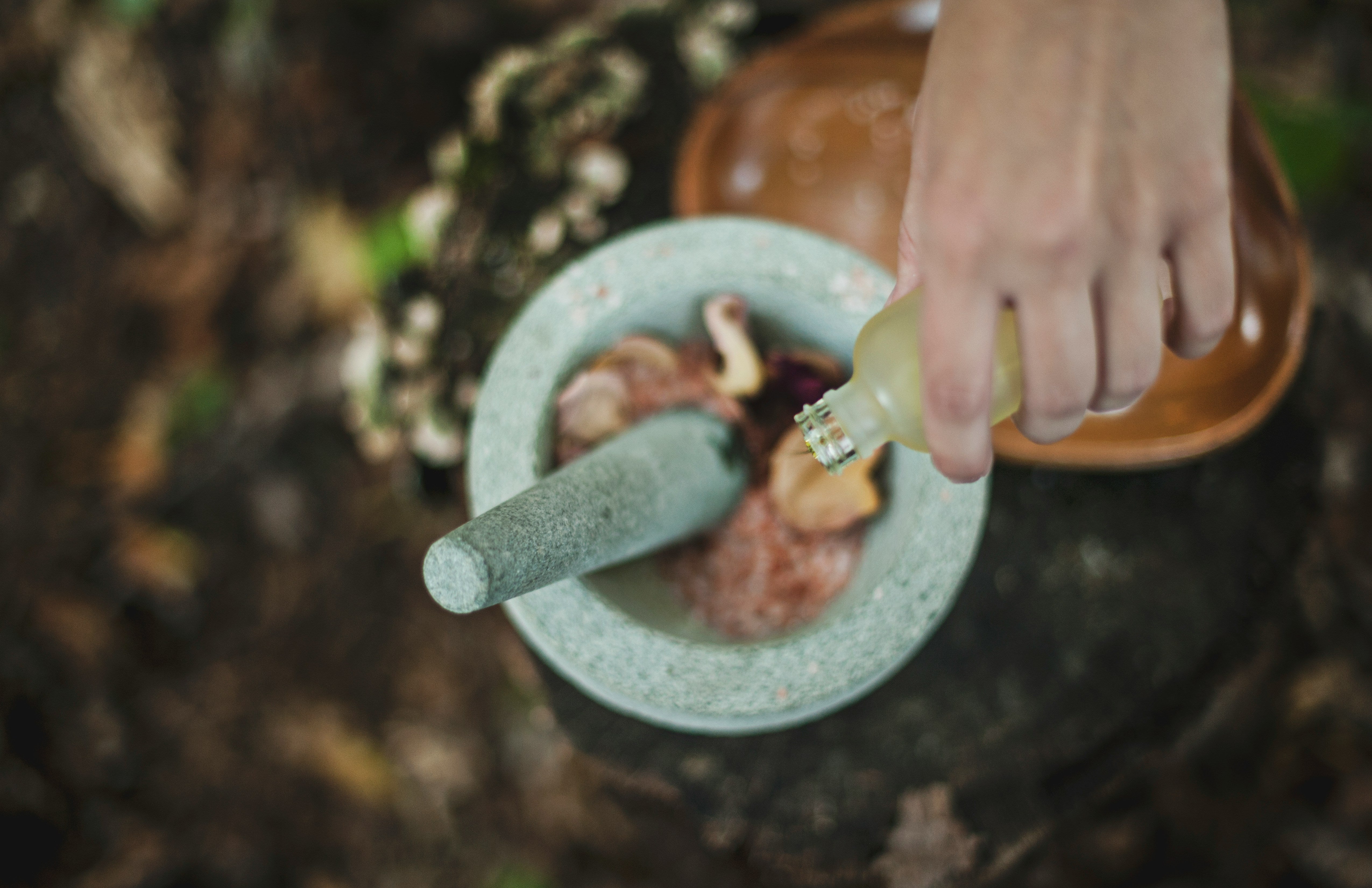What are the Most Important Factors Influencing Hair Growth? 10 Hair Growth Factors
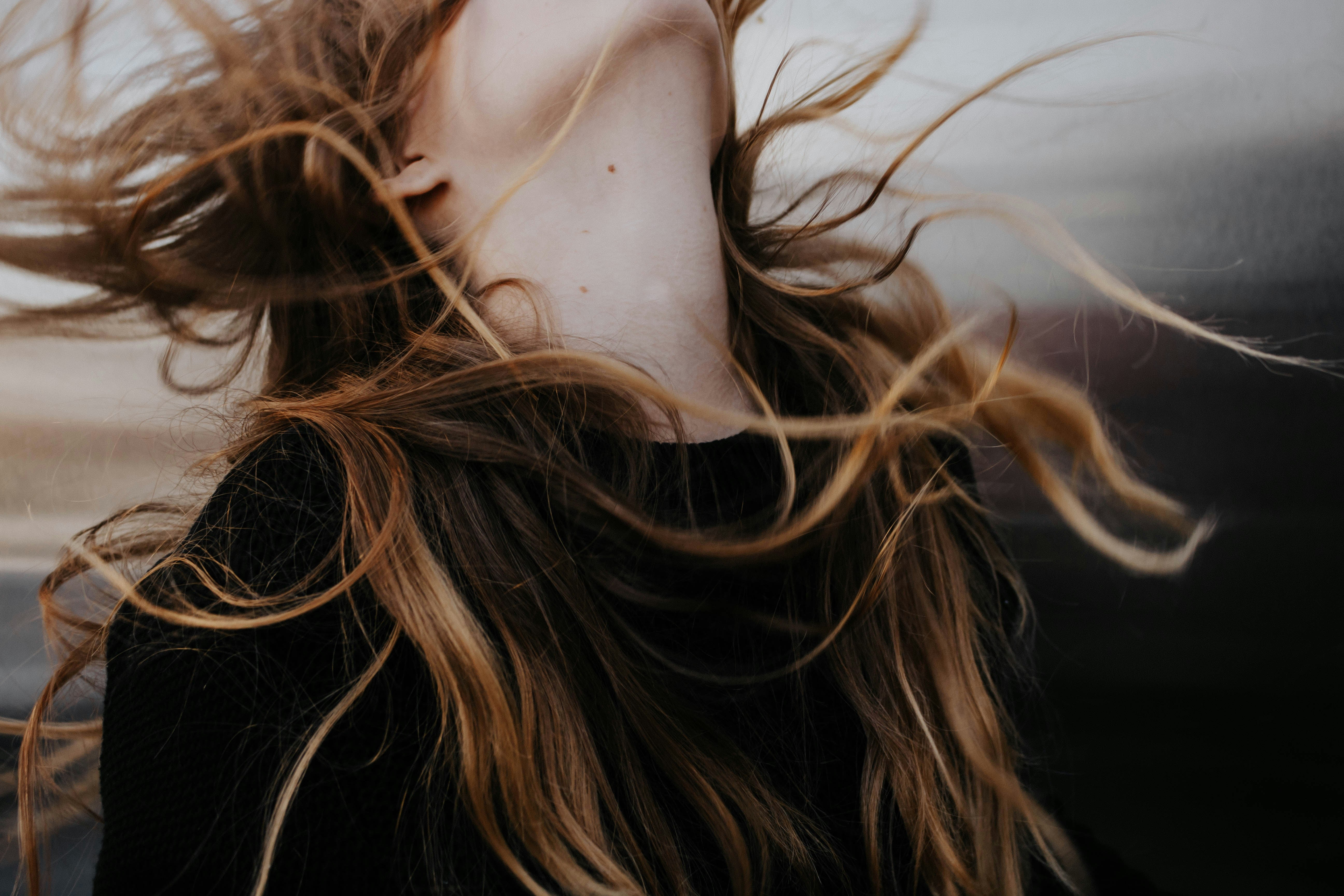
We all want thicker, healthier hair, but it’s not that easy! There are a lot of different factors involved when it comes to growing strong, luxurious locks, and not all of them are within our control.
So, what are the most important factors influencing hair growth, and how can we use this knowledge to grow thicker, stronger, healthier hair? That’s exactly what we’ll explain in this guide.
We’ll walk you through 10 critical factors that contribute to hair growth, helping you understand the science (and secrets!) behind the hair of your dreams. Does your diet make a difference? How much of a role does stress play in hair loss? Keep reading to find out!
If you really want hair that turns heads, 40,000 happy customers already know the answer - our incredible 100% batana oil! This pure, natural oil is the best you can get your hands on, and it grows healthier, stronger hair right before your eyes. Get yours today and see the Spoild difference!
How Fast Does Hair Really Grow?
Before we dive into the specific hair growth factors, how fast does hair actually grow? On average, human hair grows about half an inch per month, which adds up to approximately 6 inches a year. However, this rate can vary depending on many different factors, which we’ll get to shortly.
Understanding the Various Hair Growth Stages
There are three main stages of hair growth - the anagen or growth phase, the catagen or transition phase, and the telogen or resting and shedding phase. Each stage plays a crucial role in determining the length, thickness, and overall health of your hair.
The anagen phase (which lasts between 2 and 7 years) is the most active stage of the hair growth cycle, where hair follicles are in full production mode. During this time, cells in the root of the hair follicle divide rapidly, resulting in continuous hair growth. About 85-90% of the hairs on your scalp are in this phase at any given time.
The catagen phase marks the end of active hair growth as the follicle begins to shrink and detach from the blood supply. This phase typically lasts 2 to 3 weeks. Only about 1-3% of your hair is in the catagen phase at any given time.
The telogen phase is the final stage of the hair cycle, where the hair follicle remains dormant before the hair sheds to make way for new growth. Lasting around 3 months, the old hair is naturally shed, and the follicle re-enters the anagen phase to start a new cycle. About 10-15% of your hair is in this phase at any given time.
But what are the most important factors influencing hair growth, and what can you do to keep your hair growing thick and healthy? Let’s take a look…
What are the Most Important Factors Influencing Hair Growth?
So, what are the most important factors influencing hair growth? Let’s take a look at 10 hair growth factors, and what you can do to optimize them.
Genetics
If you feel like you have the same hair as one of your parents, that’s because you probably do! Genetics play a big role in your hair’s growth rate, thickness, and texture. Genetics influence the length of the anagen phase, which directly impacts how long your hair can grow.
Also, conditions like androgenetic alopecia (male or female pattern baldness) are also determined by genetics. While you can’t change your genes, maintaining a healthy lifestyle (more on that soon) can help you maximize your hair’s growth potential.
Diet and Nutrition
What you eat directly affects the health and growth of your hair. Proteins, biotin, iron, zinc, and omega-3 fatty acids are essential for strong, healthy hair, and staying well-hydrated supports the scalp and hair follicles. A nutrient-rich diet ensures that your hair follicles receive the nourishment they need for healthy growth.
Scalp Health
A healthy scalp is the foundation for healthy hair growth. Dandruff, excessive oiliness, or infections can all inhibit hair growth. Regular cleansing, exfoliation, and moisturizing help maintain a balanced scalp environment.
Many people don’t realize how important good scalp circulation is for hair growth. If your blood is flowing well to your scalp, your skin cells receive the nutrients and oxygen they need to create a healthy environment for hair growth.
Hormonal Changes and Imbalances
Hormones play a significant role in the hair growth cycle. What are the most important factors influencing hair growth in terms of hormones? Life events like pregnancy, menopause, and thyroid disorders can all disrupt hair growth patterns.
Conditions that cause hormonal imbalances, like PCOS or elevated androgen levels, may lead to hair thinning or loss. Addressing hormonal issues through medical treatment or lifestyle changes can help restore normal, healthy hair growth.
Stress and Emotional Health
Stress is another one of the most important hair growth factors. Chronic stress is can push hair into the telogen (shedding) phase prematurely. There are also stress-related conditions that cause sudden hair shedding or loss.
Practicing mindfulness, yoga, or seeking therapy can reduce stress levels and support hair health. Managing stress isn’t always easy, but it’s crucial for maintaining a healthy hair growth cycle.
Hair Care Practices
What factors affect hair growth in terms of how you treat your hair? Excessive heat styling, over-washing, and harsh chemical treatments can weaken hair and lead to breakage - which is not what you want!
Where possible, try to use gentle shampoos, avoid tight hairstyles, and use conditioning treatments to prevent damage. Consistent and gentle care supports strong, resilient hair.
Environmental Factors
There are also environmetal factors that contribute to hair growth. UV rays and pollutants can weaken hair and damage the scalp, and extremely dry or humid weather can also affect hair texture and growth. Protect your hair by wearing hats, using UV-protectant sprays, and washing your hair regularly.
Medical Conditions and Medications
Medical conditions and medications are also hair growth factors. Certain illnesses can disrupt hair growth, including alopecia areata, thyroid issues, and autoimmune disease. In terms of medications, chemotherapy, antidepressants, and blood pressure drugs can cause temporary hair loss.
Age and Hair Growth Cycle
As you age, changes in your hair growth cycle are inevitable. The anagen phase shortens, resulting in slower growth and finer, thinner hair over time. Your hair may also become more prone to breakage and shedding.
Lifestyle and Habits
Your daily habits are one of the most important long-term hair growth factors. Smoking reduces blood flow to the scalp, preventing or slowing down hair growth. Poor sleep affects your overall health, can increase stress levels, and also disrupts hair growth cycles.
It’s not all doom and gloom, though! Regular physical activity promotes better blood circulation, supporting hair follicles. It can also reduce your stress levels, keeping your hair thick and healthy. Adopting healthy habits supports both your overall well-being and your hair’s growth potential.
Knowing the Factors That Contribute to Hair Growth, What Should You Do Now?
So, we’ve talked about what factors affect hair growth. But now that you understand the key hair growth factors, how do you implement practical strategies for healthier, stronger hair? Here are some tips to help you get started.
Dietary Adjustments
Your hair reflects your overall nutrition, so ensuring your diet is rich in hair-healthy nutrients is essential. Hair is primarily made of keratin, a protein, so protein-rich foods like eggs, fish, nuts, and legumes are crucial.
Make sure you’re getting enough essential vitamins and minerals like biotin, iron, zinc, and vitamins A, C, D, and E through foods like leafy greens, berries, and fortified cereals. And stay hydrated - drinking plenty of water supports scalp health and prevents dryness.
Lifestyle Enhancements
If healthier hair growth is a priority for you, there are a few lifestyle changes you can make. To manage stress, practice relaxation techniques like yoga, meditation, or deep breathing to reduce stress-related hair loss.
Exercise regularly - physical activity improves blood circulation, ensuring your hair follicles get the nutrients they need. Also, aim for 7-9 hours of quality sleep per night to support cell regeneration, including in the scalp. A healthy body creates an ideal environment for thriving hair!
Effective Haircare Techniques and Products
Choosing the right hair care routine can significantly enhance your hair health. Opt for sulfate-free shampoos and conditioners enriched with nourishing ingredients like argan oil, keratin, and aloe vera, and limit heat styling to avoid damage.
There are lots of different haircare products out there, but batana oil for hair growth delivers next-level results. There are no real batana oil side effects, and as long as you’re using real batana oil vs fake or diluted products, you should see thicker, healthier hair within weeks.
At Spoild, we have 100% pure, raw batana oil. Where does batana oil come from? Ours is ethically sourced directly from rainforests in Honduras, where it’s been used for centuries by indigenous people for hair and skin care.
If you’re wondering how to use batana oil for hair, it couldn’t be easier. Just massage it into your hair and scalp for 20 minutes and watch as you grow thicker, healthier, stronger hair. You can also use batana oil for beard care, and there are batana oil skin benefits as well, including moisturization.
Does batana oil help with alopecia? It can, yes. It’s an amazing, versatile treatment, and over 40,000 Spoild customers have seen real hair growth in as little as three weeks. But don’t just take our word for it - try it for yourself today, risk free!
Protecting Hair From Harmful Practices and Environments
Preventing damage to your hair is just as important as promoting growth. Try to reduce the frequency of chemical treatments like bleaching, perming, or dyeing your hair. Use protective sprays or wear hats to shield your hair from the sun’s harmful rays, and wash your hair to remove pollutants.
Create a Consistent Routine and Be Patient
It’s important that hair growth won’t happen overnight. Well, it will, but not in any amount that’s visible to the naked eye. Even if you’re using growth-promoting products like batana oil, it will be a few weeks at least until you see any significant results.
The key is to develop a routine and stick to it. How often should you use batana oil as part of your hair care routine? We recommend daily use for best results. And how long does batana oil take to work? It will start working from day one, but it will be a few weeks before you see results. Stick with it and stay patient!
When to Consult a Specialist
If you’re experiencing persistent hair loss or growth issues, seeking professional advice can help. A dermatologist can identify underlying conditions like alopecia, scalp infections, or hormonal imbalances that may be affecting your hair’s growth.
You might also like to talk to a trichologist, or hair and scalp specialist. They can help you explore medical treatments like minoxidil (check out our guide on batana oil vs minoxidil here), platelet-rich plasma (PRP) therapy, or prescription medications.
Final Thoughts on What Factors Affect Hair Growth
So, what are the most important factors influencing hair growth? It’s a complex interplay of genetic, environmental, and lifestyle factors. While you can’t change inherent traits like genetics or age, you can make choices that optimize your hair’s health and growth potential.
Prioritizing proper nutrition, adopting healthy habits, using effective hair care techniques, and protecting your hair from damage are essential steps toward achieving stronger, fuller hair. And also, don’t forget about valuable products like our raw batana oil!
Spoild’s natural batana oil gives you a thicker, shinier, stronger head of hair in a matter of weeks. Try the world’s best natural haircare treatment - shop Spoild today!
To learn how batana oil compares to other hair oils, check out our guides on batana oil vs rosemary oil, batana oil vs castor oil, and ojon oil vs batana oil.
